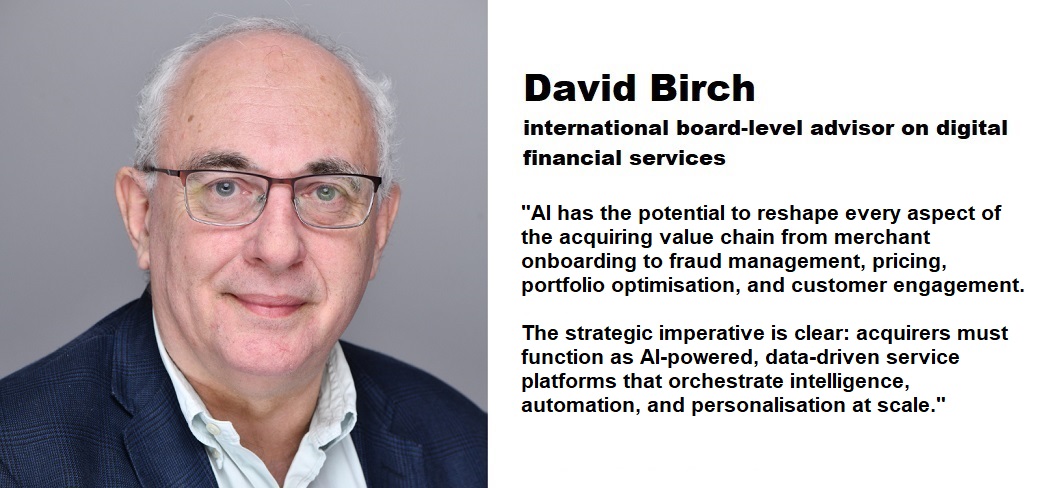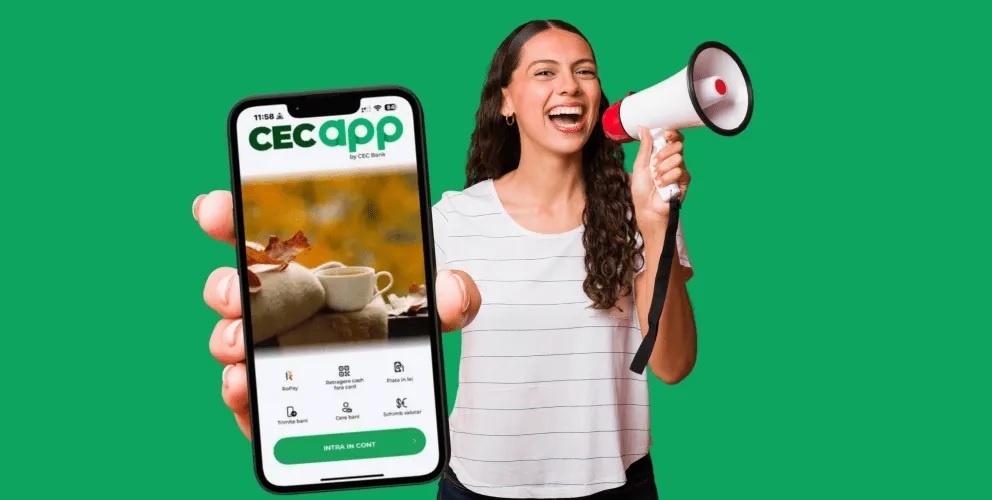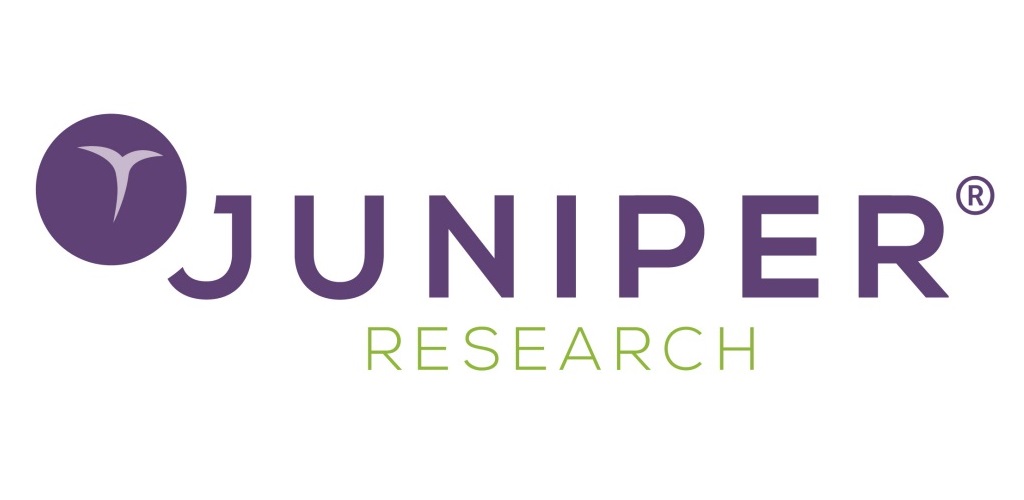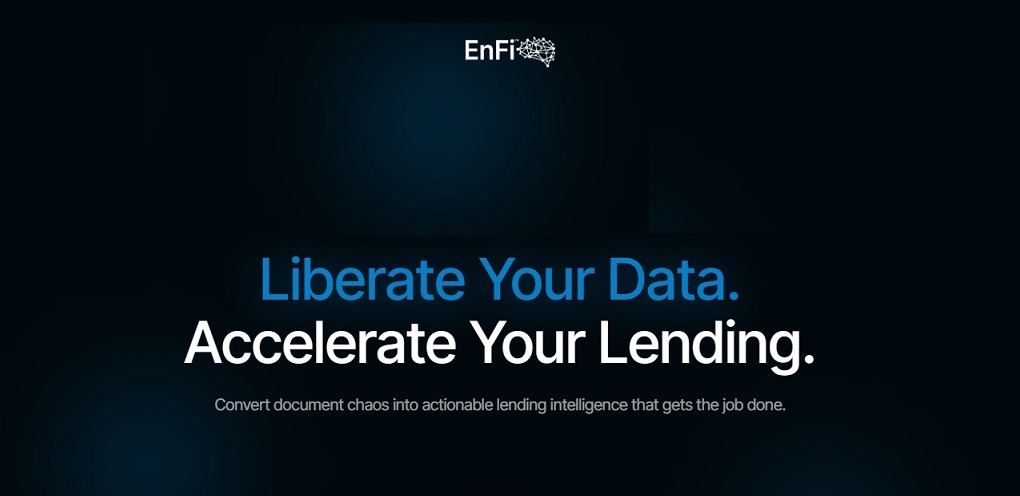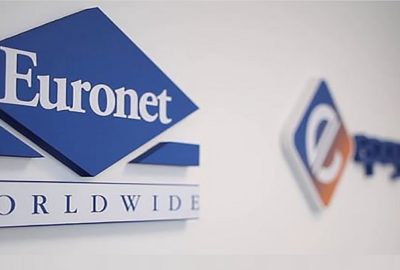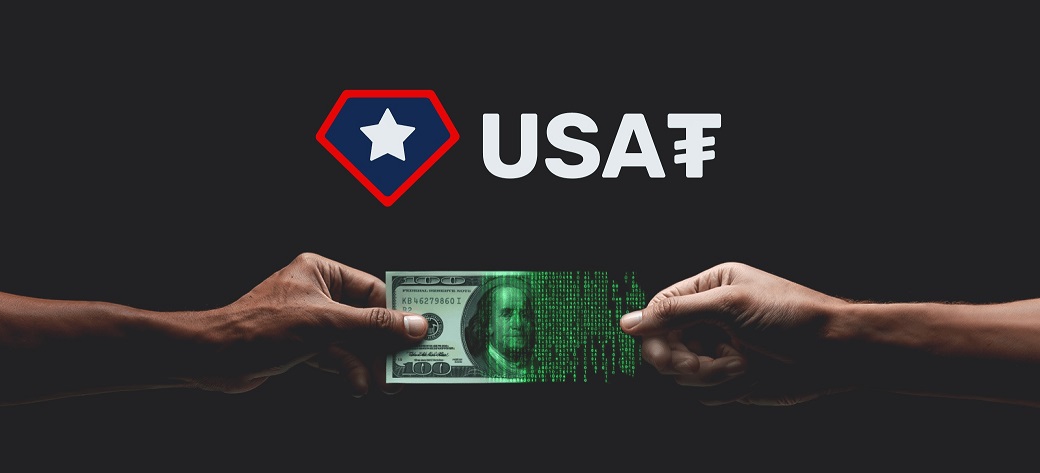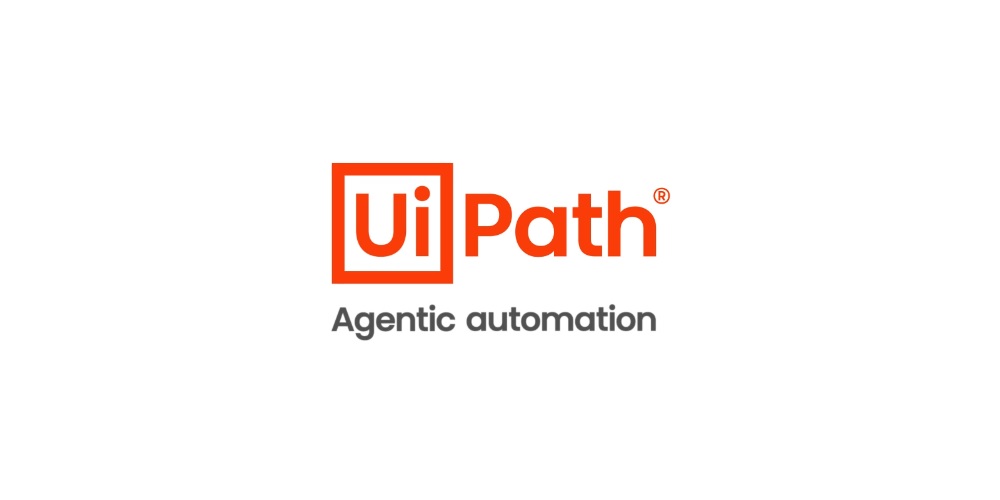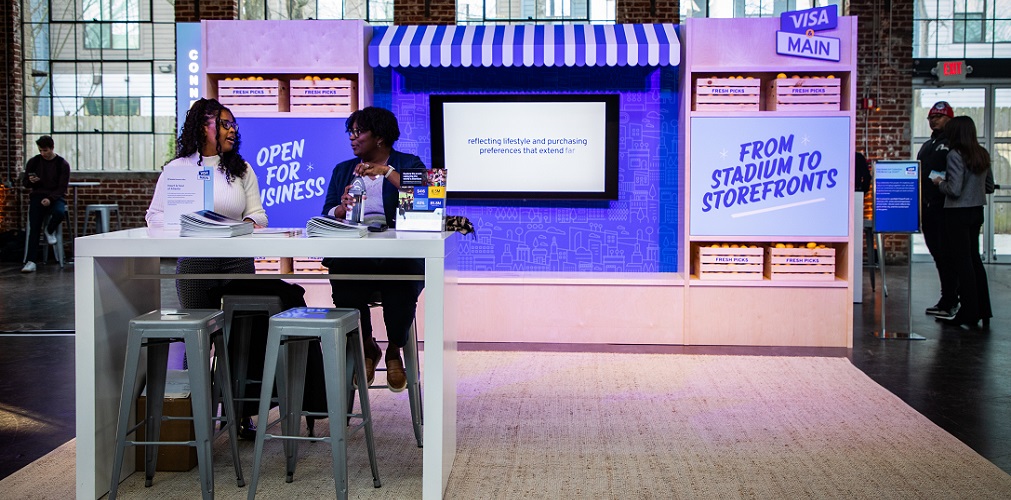2011 – digital music sales beat physical sales for the first time in history
 January 9, 2012 – Most customers now prefer shopping music online to buying in a store. In the U.S., digital sales finally trumped physical sales for the first time in history, according to Nielsen SoundScan’s year-end report for 2011. Digital accounted for 50.3% of all music purchases in 2011. In total, 1.27 billion tracks and albums were downloaded last year. Digital sales were up 8.4% from the previous year, while physical album sales declined 5%.
January 9, 2012 – Most customers now prefer shopping music online to buying in a store. In the U.S., digital sales finally trumped physical sales for the first time in history, according to Nielsen SoundScan’s year-end report for 2011. Digital accounted for 50.3% of all music purchases in 2011. In total, 1.27 billion tracks and albums were downloaded last year. Digital sales were up 8.4% from the previous year, while physical album sales declined 5%.
Digital album sales exceeded 100 million for the first time with a new all-time high of 103.1 million sales (up from 86.3 million in 2010); an increase of nearly 20%. – Digital album sales accounted for nearly 1 out of every 3 album purchases (31%) in 2011; compared to 26% in 2010, 20% in 2009, 15% in 2008, 10% in 2007 and 5.5% in 2006.
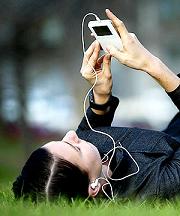 While services like Napster blazed the trail for online music consumption, offerings like Apple’s 99-cents-a-song iTunes catalog as well as those from a host of startups have broken down traditional music-purchasing barriers. Most customers now prefer shopping online to buying in a store.
While services like Napster blazed the trail for online music consumption, offerings like Apple’s 99-cents-a-song iTunes catalog as well as those from a host of startups have broken down traditional music-purchasing barriers. Most customers now prefer shopping online to buying in a store.
„Clearly the plastic format was not an optimal format for selling music,” says Brian Zisk, executive producer of the SF MusicTech Summit. „It’s a much healthier ecosystem for folks to be selling digital formats instead of physical formats. That’s the future, and the way it’s going.”
Zisk also cites the rise in mobile and smartphones as a catalyst behind the digital-music surge.
„The ability for folks to purchase music everywhere has really expanded the digital marketplace,” he says. „They don’t need to go to physical store – anywhere the phone is people are able to purchase music.”
Traditional music magazines like Rolling Stone and Spin Magazine have now created apps that allow users to purchase music while browsing, and services like Spotify have partnered with Facebook to boost music discovery and sharing.
Mike More, CEO of Headliner.fm, says the future may not be digital sales. More cites Spotify’s model as the music consumption of the future, where he says more consumers will pay for access to music streaming services rather than purchasing songs.
„I think you have a whole generation who doesn’t care if they own anything,” he says. „Accessibility has become paramount. This is what consumers want – they want it everywhere and on all their devices.”
Source: CNN Money
Dariusz Mazurkiewicz – CEO at BLIK Polish Payment Standard
Banking 4.0 – „how was the experience for you”
„To be honest I think that Sinaia, your conference, is much better then Davos.”
Many more interesting quotes in the video below:
